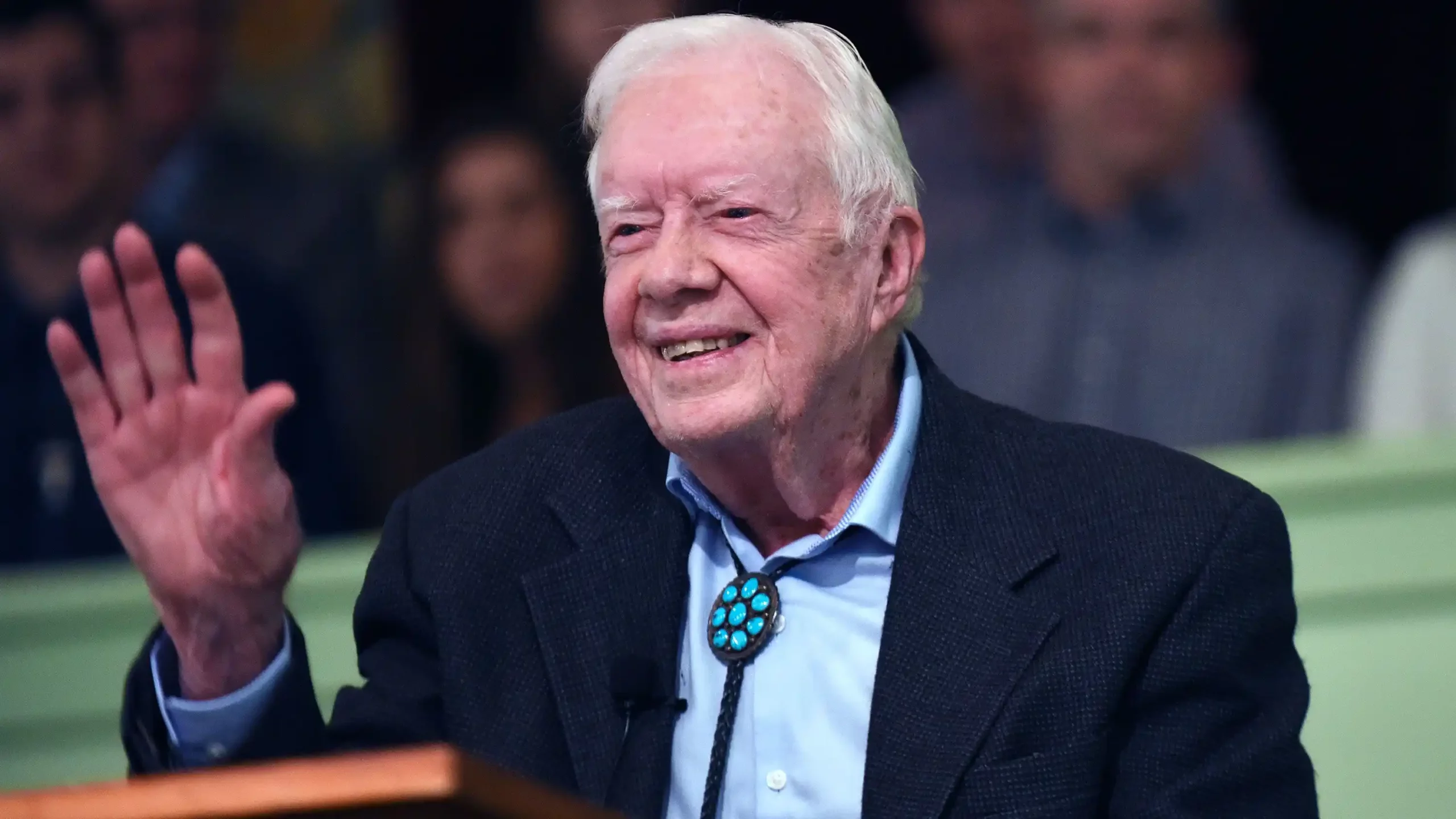Jimmy Carter, the 39th President of the United States, left a lasting legacy that shaped both the U.S. and global economies. Despite facing economic turmoil during his presidency, including high inflation, unemployment, and an energy crisis, Carter’s policies laid the groundwork for long-term economic reforms and advancements.
Carter’s presidency was marked by stagflation—a combination of stagnant economic growth and high inflation. To combat these challenges, Carter implemented key reforms, including:
- Deregulation Policies – Carter deregulated industries like airlines, railroads, and trucking, fostering competition and reducing costs for consumers.
- Energy Policy Overhaul – In response to the energy crisis, Carter promoted energy conservation and renewable energy, setting the stage for modern energy policies.
- Monetary Policies – Carter appointed Paul Volcker as Federal Reserve Chairman, who later implemented aggressive measures to control inflation.
While short-term pain followed, these policies eventually stabilized inflation and spurred economic growth in the years that followed.
Carter’s foreign policies significantly shaped the global economy by stabilizing relations in the Middle East through the Camp David Accords, which were crucial for maintaining a steady global oil supply. He also prioritized trade expansion, focusing on international agreements to boost exports and strengthen economic ties. Additionally, Carter championed human rights advocacy, promoting ethical standards in trade that influenced global markets and corporate responsibility practices.
Carter’s era highlighted the importance of adaptability during volatile markets. It emphasized interest rate sensitivity, showing how monetary policies impact forex and bond markets. The period also underscored the significance of commodity market reactions, as oil price shocks demonstrated the critical role of energy in economic stability. Furthermore, geopolitical events, particularly policy decisions in the Middle East, illustrated how political stability can influence commodity and equity markets, making it essential for traders to monitor global developments closely.
Strategies for Traders Moving Forward
- Focus on Safe-Haven Assets – Use gold, bonds, and stable currencies during periods of uncertainty.
- Track Energy and Commodity Markets – Monitor oil and renewable energy trends for growth opportunities.
- Utilize Technical Analysis Tools – Identify patterns based on historical data to plan trades effectively.
- Diversify Investments – Spread risks across asset classes, including commodities, forex, and indices.
Jimmy Carter’s presidency faced economic turbulence but also delivered reforms that shaped modern markets. For traders, Carter’s legacy highlights the need to adapt strategies during uncertain times.
For deeper insights, strategies, and trading tools, log on to Bold Prime. Additionally, explore CopyTrade to mirror expert strategies and maximize profits with ease.
Trade smart, trade Bold Prime.
































